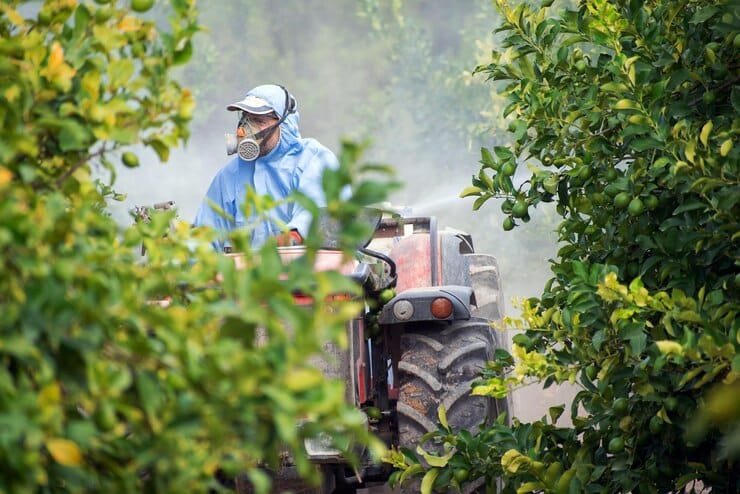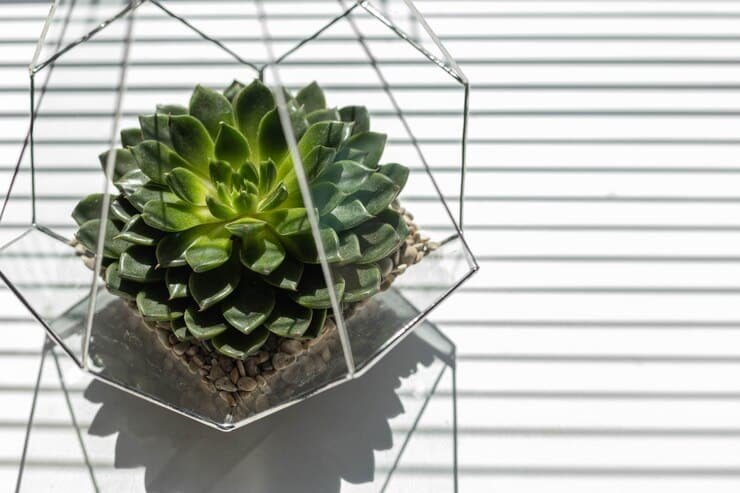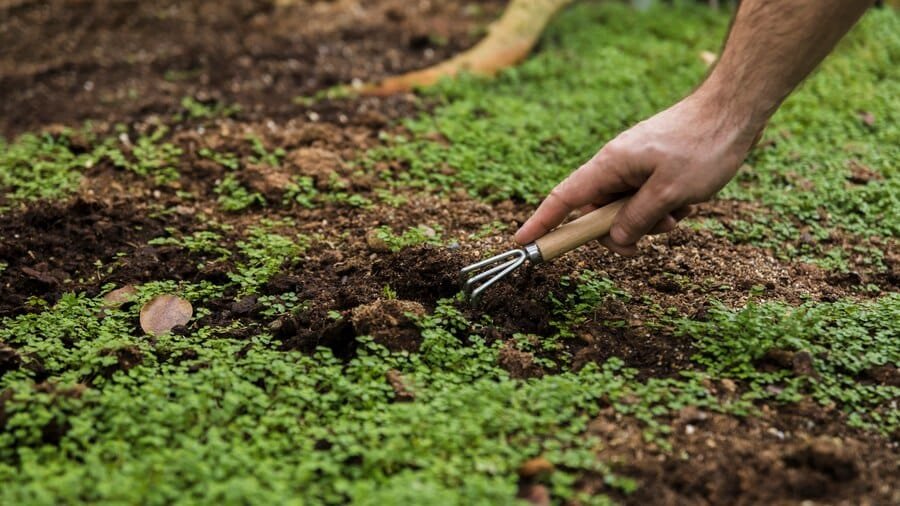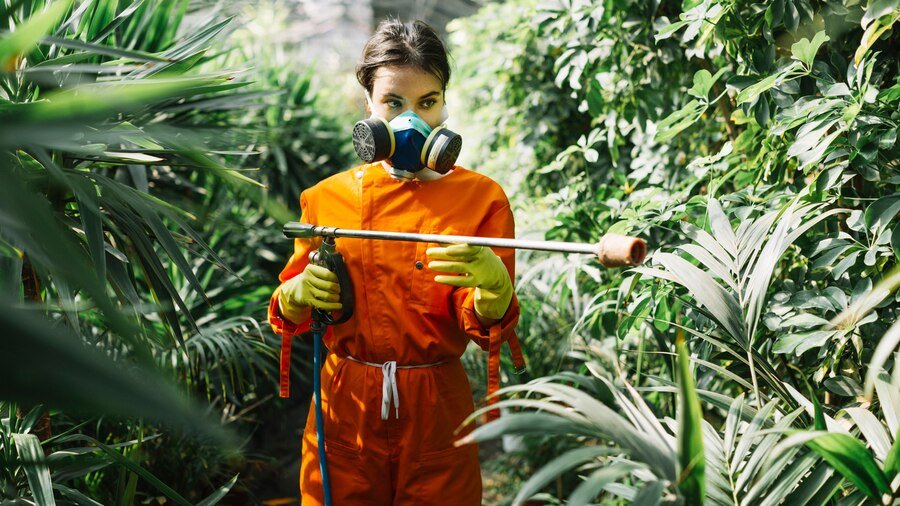Top Natural Pest Control Methods For A Healthy Garden
Maintaining a healthy garden is essential for any gardener, whether you are growing vegetables, herbs, or flowers. However, pests can be a significant hurdle, often threatening the health and productivity of your plants. Traditional chemical pesticides may offer a quick fix, but they can also harm beneficial insects, soil health, and even your own health. Thus, many gardeners are turning to natural pest control methods that are safe, effective, and environmentally friendly. This article will explore various natural pest control methods, allowing you to cultivate a thriving and healthy garden.
Understanding the Importance of Natural Pest Control
1. Environmental Safety
One of the primary benefits of natural pest control is its minimal impact on the environment. Unlike chemical pesticides, which can leach into soil and waterways, natural methods often utilize biodegradable materials that are less harmful to the ecosystem. By using natural pest control methods, you can help preserve local wildlife and maintain the ecological balance.
2. Health Benefits
Chemical pesticides can pose health risks to humans and pets. Symptoms from exposure may include skin irritation, respiratory issues, and even long-term effects like cancer. By opting for natural pest control methods, you can protect your health and the health of your family.
3. Sustainability
Natural pest control encourages sustainable gardening practices. By nurturing beneficial insects and promoting biodiversity, you can create a balanced ecosystem that thrives without the need for synthetic chemicals. This sustainability helps ensure the longevity of your garden for future generations.
Top Natural Pest Control Methods

1. Beneficial Insects
One of the most effective natural pest control methods is to attract beneficial insects to your garden. These insects can help keep pest populations in check.
- Ladybugs: These beetles are voracious predators of aphids and other soft-bodied pests. To attract ladybugs, plant flowers like dill, yarrow, or marigolds.
- Lacewings: Known as “aphid lions,” lacewing larvae feed on aphids, spider mites, and other garden pests. You can attract them by planting pollen and nectar-rich flowers.
- Parasitic Wasps: These tiny wasps lay their eggs inside pest insects, effectively controlling their populations. Planting various flowering plants will help attract them.
2. Companion Planting
Companion planting involves growing different plants together for mutual benefits, such as pest control. Some effective pairings include:
- Marigolds and Tomatoes: Marigolds repel nematodes and certain beetles, making them a perfect companion for tomatoes.
- Basil and Peppers: Basil repels aphids and spider mites, protecting pepper plants.
- Nasturtiums: These flowers act as a trap crop, attracting aphids away from other plants.
3. Natural Sprays
Homemade sprays can be an effective way to deter pests without harming beneficial insects.
- Neem Oil: Extracted from the seeds of the neem tree, this oil disrupts the life cycle of many pests. Mix 2 tablespoons of neem oil with water and a few drops of dish soap, then spray it on affected plants.
- Garlic Spray: Garlic has strong insect-repelling properties. Blend a few cloves with water and strain the mixture. Spray this solution on plants to deter pests.
- Soap Spray: A simple mixture of water and liquid soap can help control aphids, spider mites, and whiteflies. Use a ratio of 1 tablespoon of soap to 1 quart of water.
4. Physical Barriers
Using physical barriers is another effective natural pest control method. These barriers prevent pests from reaching your plants.
- Row Covers: Lightweight fabric can protect plants from insect pests while allowing light and moisture to penetrate.
- Screens and Mesh: Use fine mesh screens to cover garden beds and prevent insects from entering.
- Copper Tape: Placing copper tape around raised beds can deter slugs and snails, as they receive a small electric shock when they try to cross it.
5. Traps

Setting traps can help control pest populations naturally.
- Beer Traps for Slugs: Bury a shallow dish in the soil and fill it with beer. Slugs will be attracted to the beer, fall in, and drown.
- Sticky Traps: Place yellow sticky traps around the garden to catch flying pests like whiteflies and aphids.
6. Cultural Practices
Adopting good cultural practices can significantly reduce pest problems.
- Crop Rotation: Changing the location of your plants each year helps prevent pests and diseases that are specific to certain crops.
- Proper Watering: Overwatering can create an environment conducive to pests like gnats and fungus gnats. Watering early in the morning allows plants to dry out during the day.
- Soil Health: Healthy soil leads to strong plants that are more resistant to pests. Regularly add organic matter like compost to enrich the soil.
7. Homemade Remedies
In addition to sprays and traps, you can use various homemade remedies to deter pests.
- Diatomaceous Earth: This natural powder is made from fossilized algae. Sprinkling it around plants can help control soft-bodied insects like slugs and aphids.
- Coffee Grounds: Sprinkling coffee grounds around your garden can deter pests such as slugs, snails, and ants.
- Chili Powder: Mixing chili powder with water can create a spicy spray that deters various pests.
8. Mulching

Mulch not only helps retain soil moisture but also controls pests. Certain types of mulch can deter unwanted insects.
- Cedar Mulch: This type of mulch can repel insects like ants and moths due to its natural oils.
- Straw Mulch: Straw helps suppress weed growth while keeping the soil temperature consistent, which can deter pests.
9. Encouraging Biodiversity
A diverse garden ecosystem can help naturally control pests. Incorporating a variety of plants and flowers can attract beneficial insects and birds that prey on garden pests.
10. Regular Monitoring
Regularly inspect your plants for signs of pests. Early detection allows for quick action before pests become a significant problem. Look for:
- Discoloration or wilting of leaves
- Sticky residue on plants
- Visible pests or their eggs
Also Read : The Ultimate Guide To Planning Your Flower Garden
Conclusion
Natural pest control methods provide effective and environmentally friendly alternatives to chemical pesticides. By utilizing beneficial insects, companion planting, homemade sprays, physical barriers, and other strategies, you can maintain a healthy garden that thrives without harming the ecosystem. Embracing these natural pest control methods not only promotes plant health but also contributes to a sustainable and balanced environment.
By understanding your garden’s unique ecosystem and adopting these natural techniques, you can keep pests at bay while nurturing a flourishing garden for years to come.
FAQs
1. What are the benefits of using natural pest control?
Natural pest control is safer for the environment, reduces health risks for humans and pets, and promotes a sustainable garden ecosystem.
2. How do I attract beneficial insects to my garden?
Planting a variety of flowers that produce pollen and nectar, such as marigolds, dill, and yarrow, can help attract beneficial insects.
3. Can I use natural pest control methods in a vegetable garden?
Yes, natural pest control methods are safe and effective in vegetable gardens and can help ensure the health of your produce.
4. Are homemade pest control sprays effective?
Homemade sprays, such as neem oil or garlic spray, can effectively deter a variety of pests when applied correctly.
5. How often should I monitor my garden for pests?
Regular monitoring, ideally once a week, can help you catch pest problems early and take action before they escalate.
